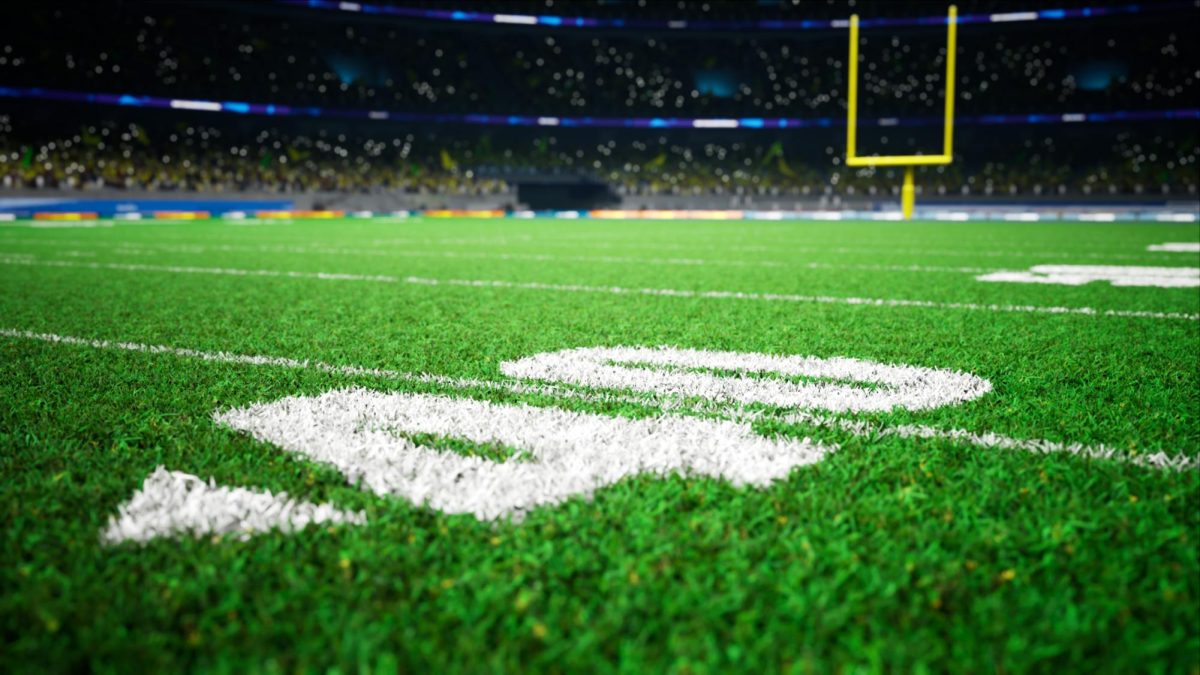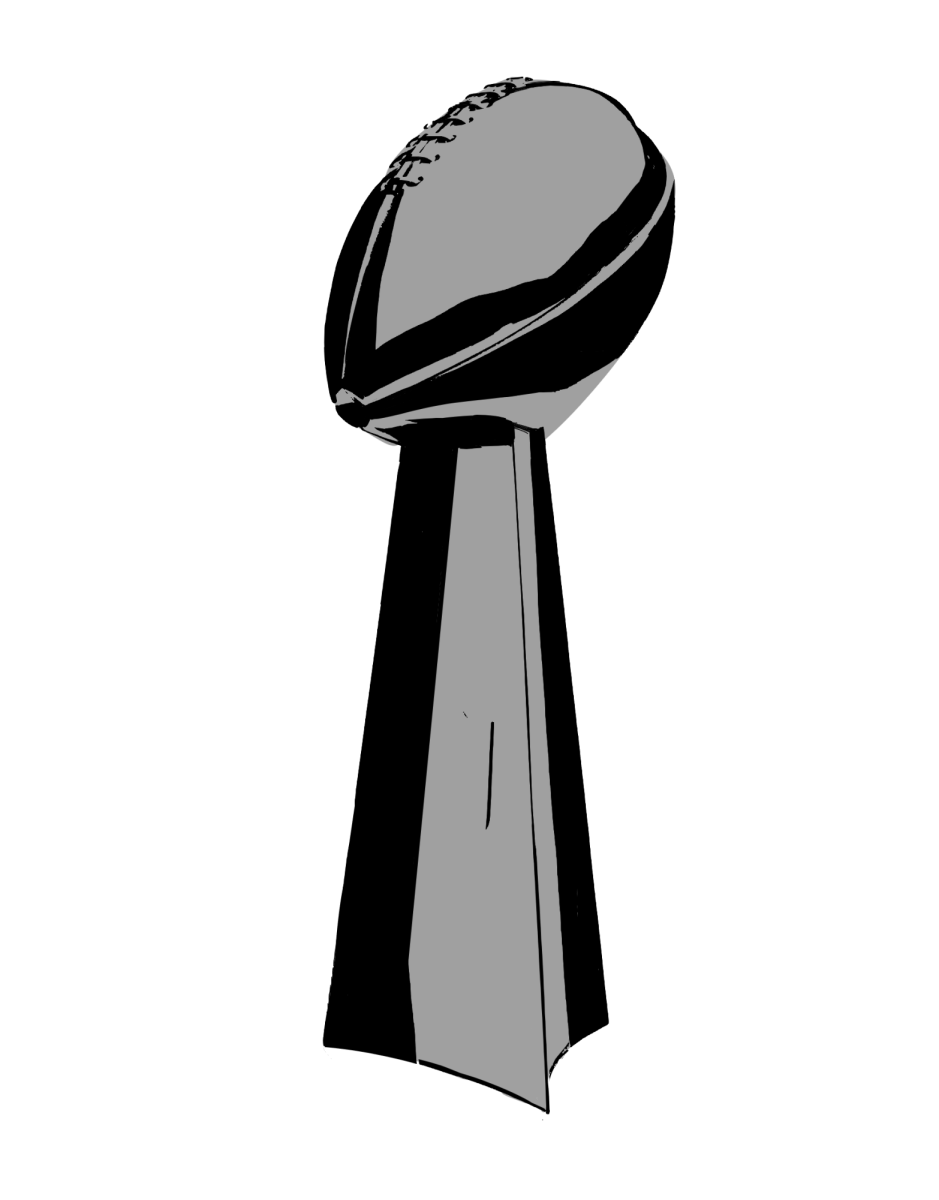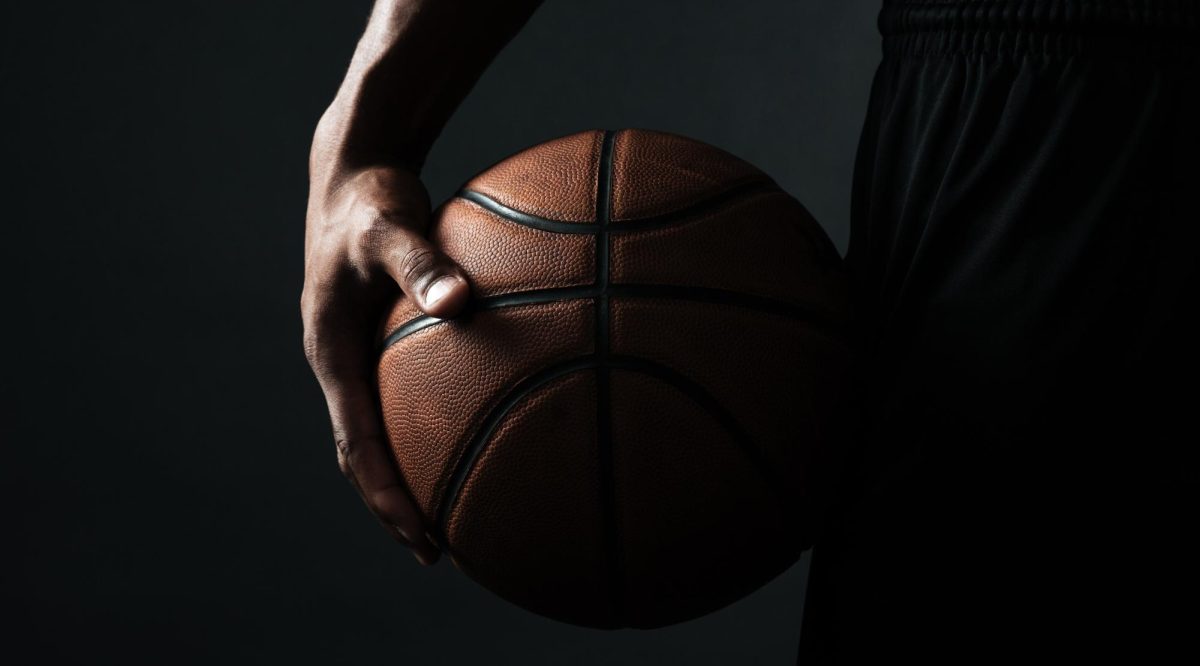After any game, there is always one winner and one loser.
Anyone who has been on either side of these two outcomes can attest that it is easier to be the victor than the loser.
At the highest level of competition, the loss is greatly magnified. Professional athletes tend to be examined even more closely after a defeat, and oftentimes, the sportsperson gives a reaction that will follow them and surface all over the internet.
There is this stance when circled back to the fans that the athletes need to be more “professional” and should avoid complaining about a coach, a referee, or the athlete’s performance. However, what gets left out of context is perhaps the most important point of them all: they are showing sentiments toward their job.
Though many understand that being in the NFL or NBA is a career, it seems that “because they play a game” or have million-dollar contracts, they are held to a much higher standard than anyone else.
Most of us have jobs and have all understood what a long day at work feels like.
Some people may start petty arguments with any or everyone they see to take out their built-up emotions from a coworker. Others may call someone to vent about what their boss told them, while others may simply break down in the parking lot. Regardless of the duty, it’s perfectly acceptable that people may not be in their best headspace after a cataclysmic day at the office.
Being a professional athlete is a job. That’s how the players make ends meet; that’s how bills get paid. So, when a player goes to the media session –– that athletes are required to do –– and complains about what they did or didn’t like in their game or contest, they simply have human emotions at work.
In most instances, fans ridicule the players after a game. What isn’t seen, though, is that the game requires year-long composition. The offseason practices, training camp, and all the hours spent studying film and learning plays are all for a 3.5-hour game on Sunday (or any other day, depending on the sport).
And when the preparation fails, well, that’s when you get moments like Kansas City quarterback Patrick Mahomes infamously publicly voicing his frustration after the Chiefs lost to conference rival, the Buffalo Bills, on Dec. 10.
Or when former Carolina Panthers quarterback Cam Newton walked out of his post-game press conference after being short with the media just half an hour after losing Super Bowl 50 to the Denver Broncos.
Or when Los Angeles Lakers star LeBron James flailed to the ground after a whistle didn’t go his way in a close loss to historic rival, the Boston Celtics, in Jan. 2023.
Sure, these moments could have been handled better. But aren’t these athletes doing what they’re supposed to be doing: caring about their job?
Athletes have a right to complain and have a bad attitude at work, just like any of us do. Their lifelong devotion to their sport takes a lot of physical and mental commitment, and when it seems their hard work doesn’t pay off, naturally they will be in an abhorrent mood.
Just like someone may get upset at things out of their control at work, we should expect the same from athletes who compete at the highest levels in the world.







